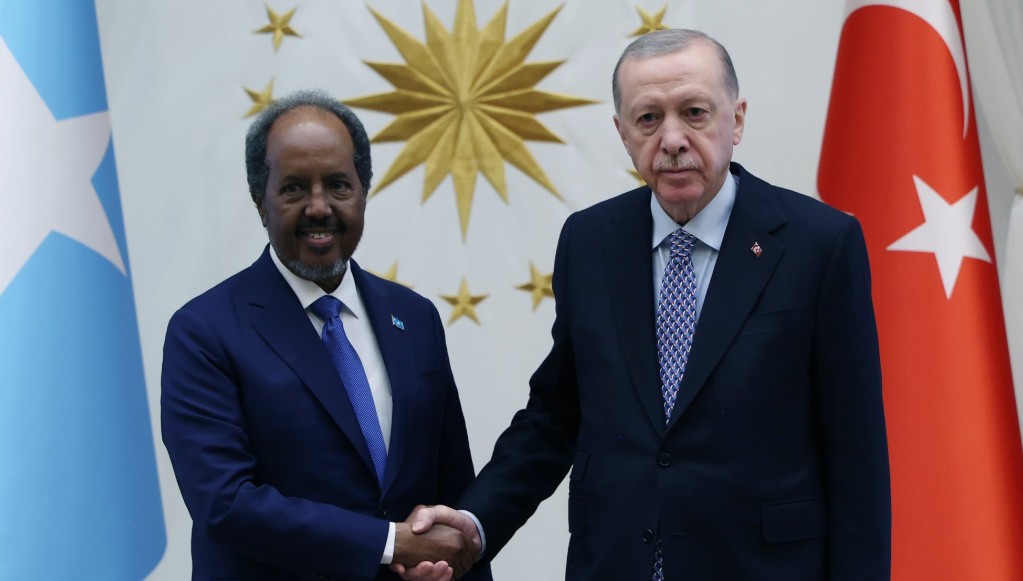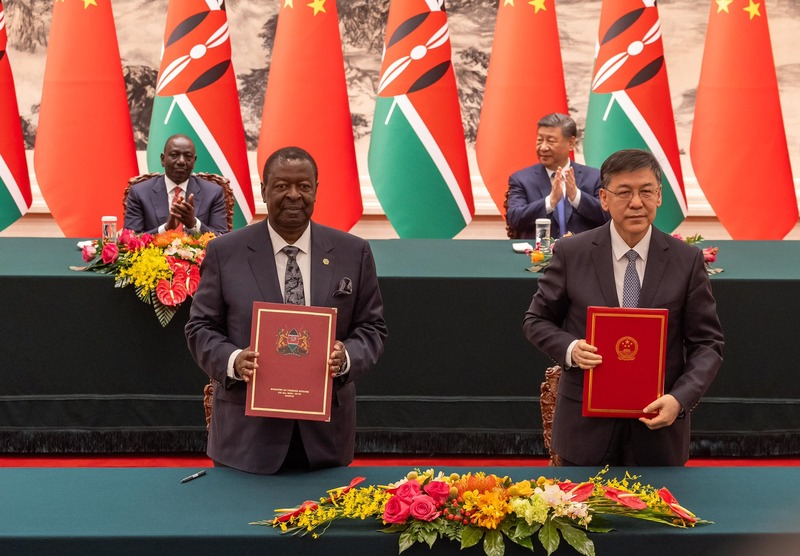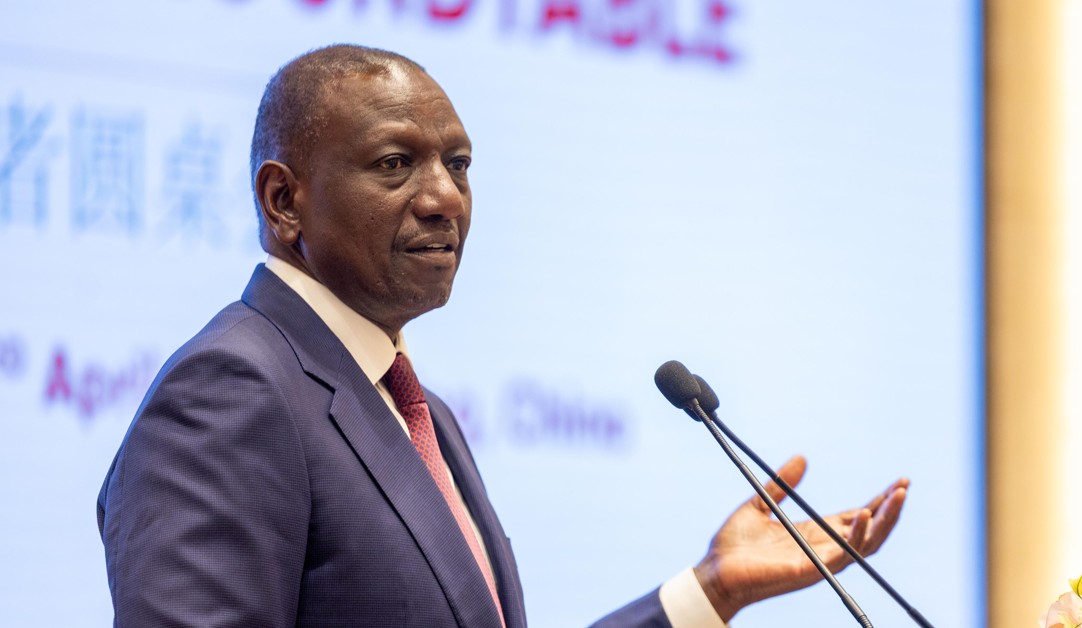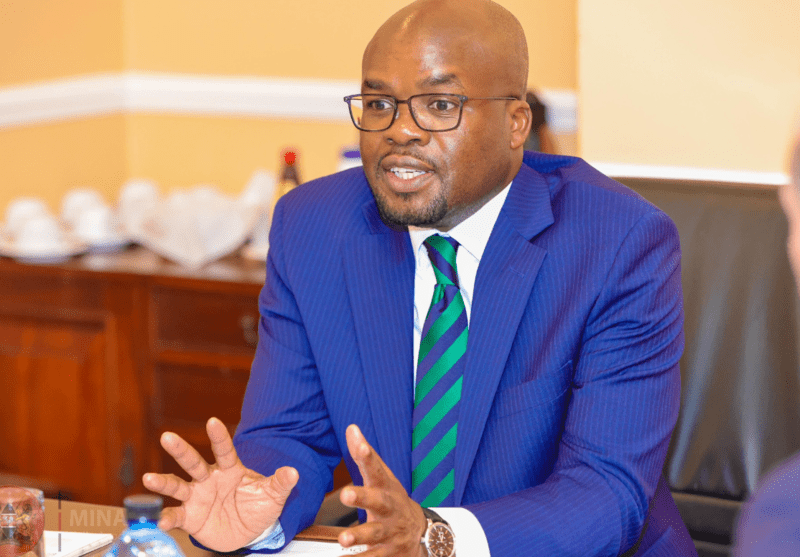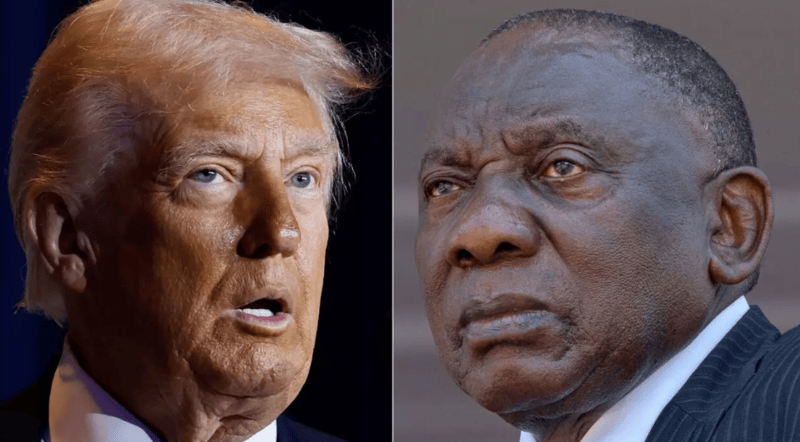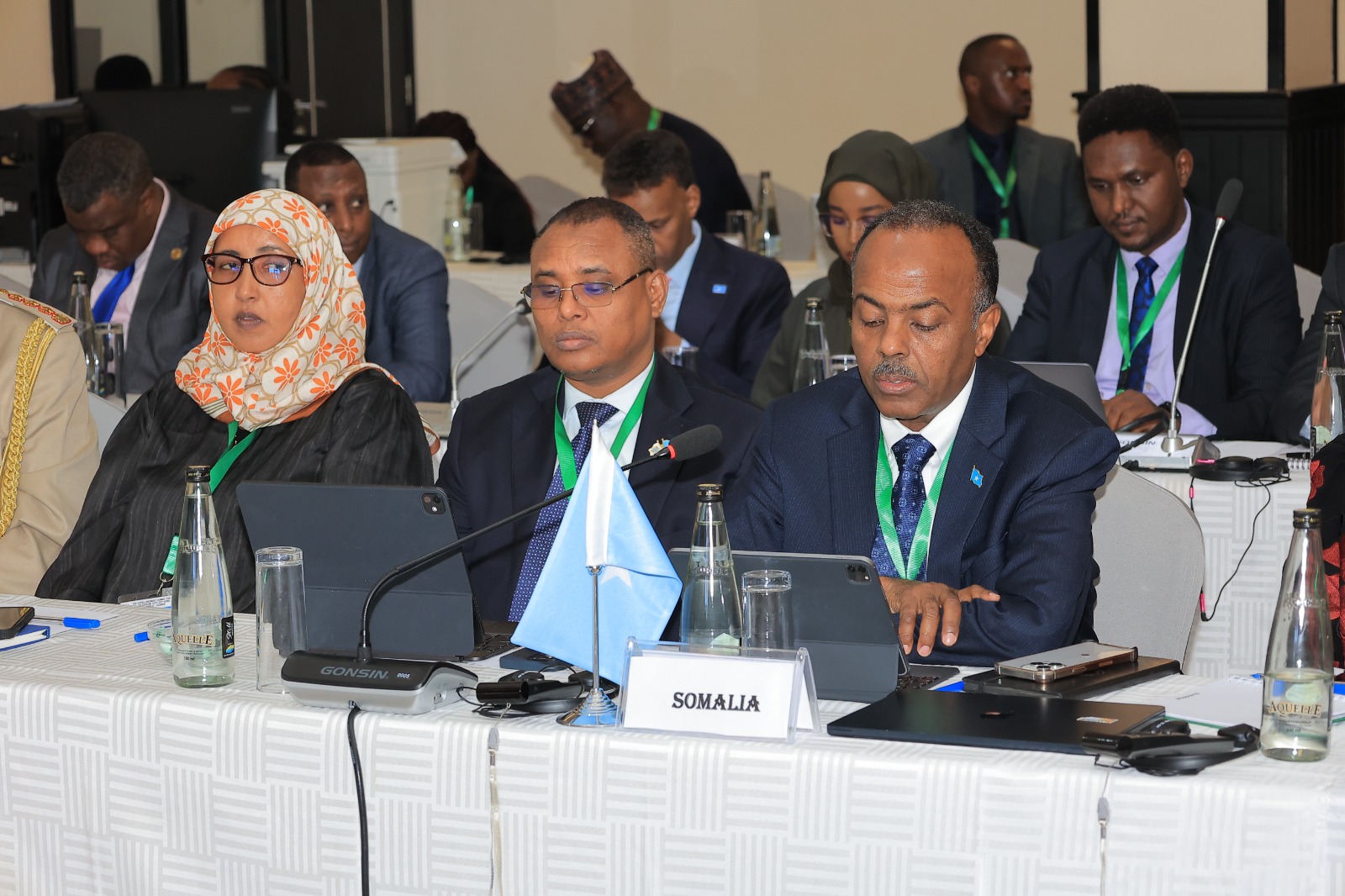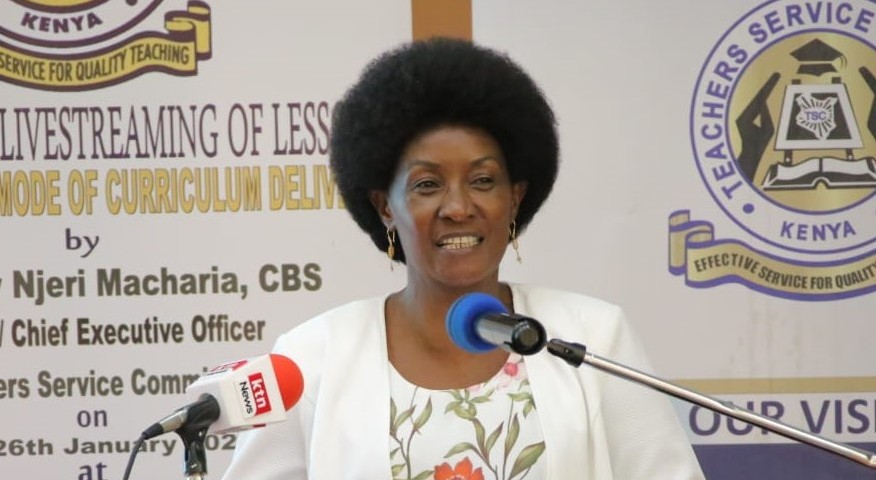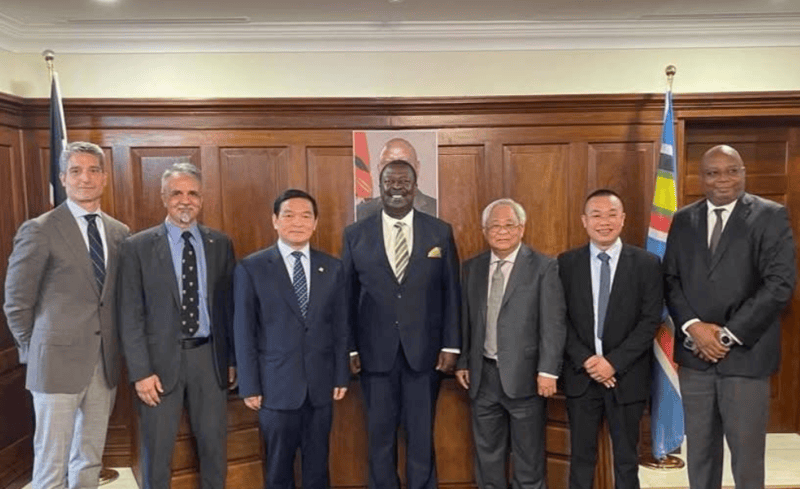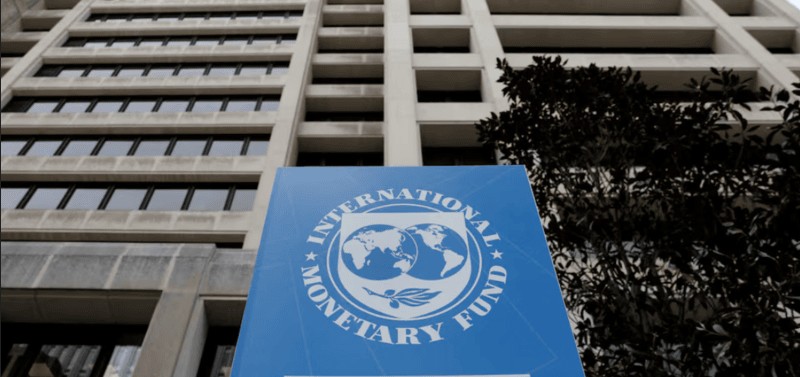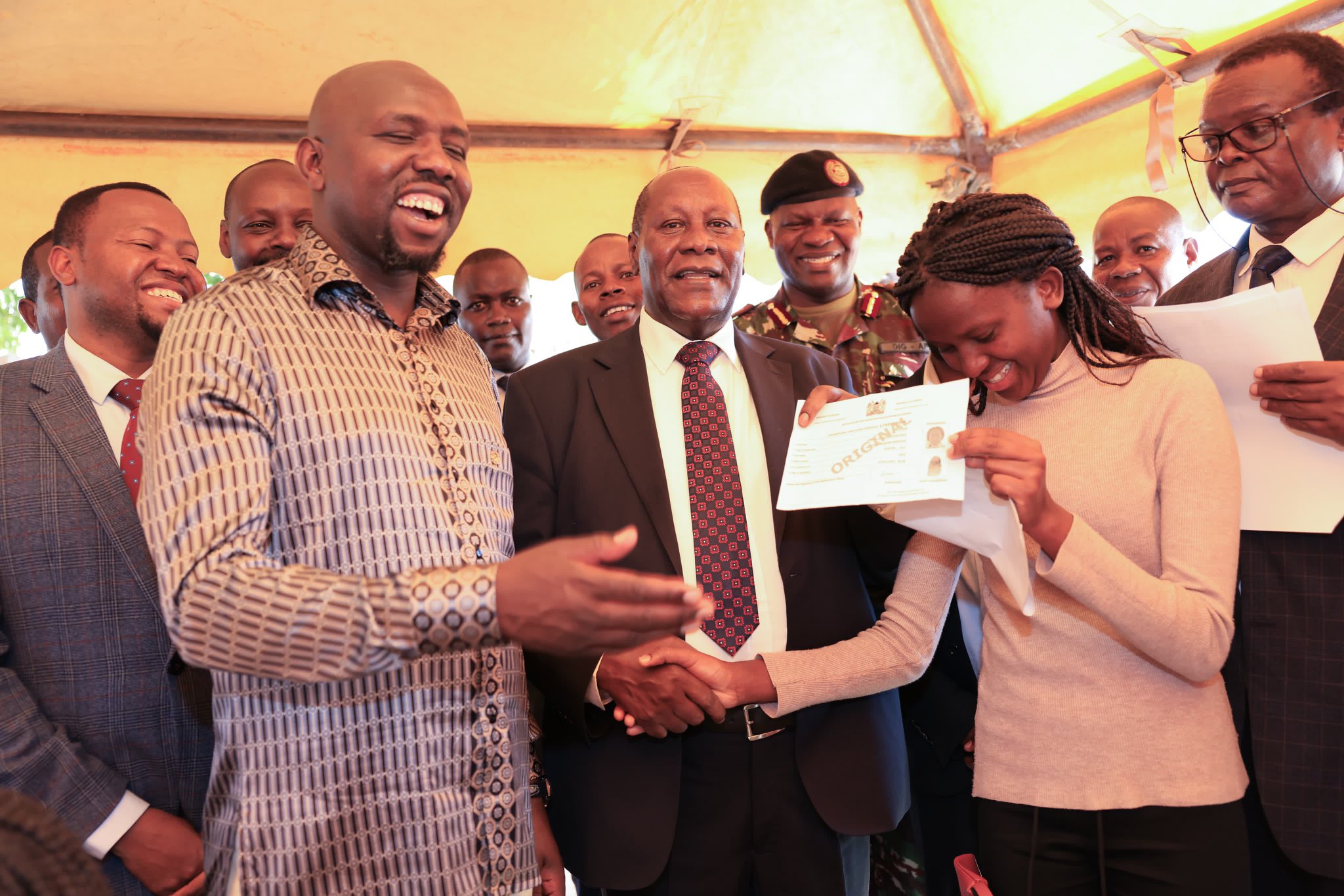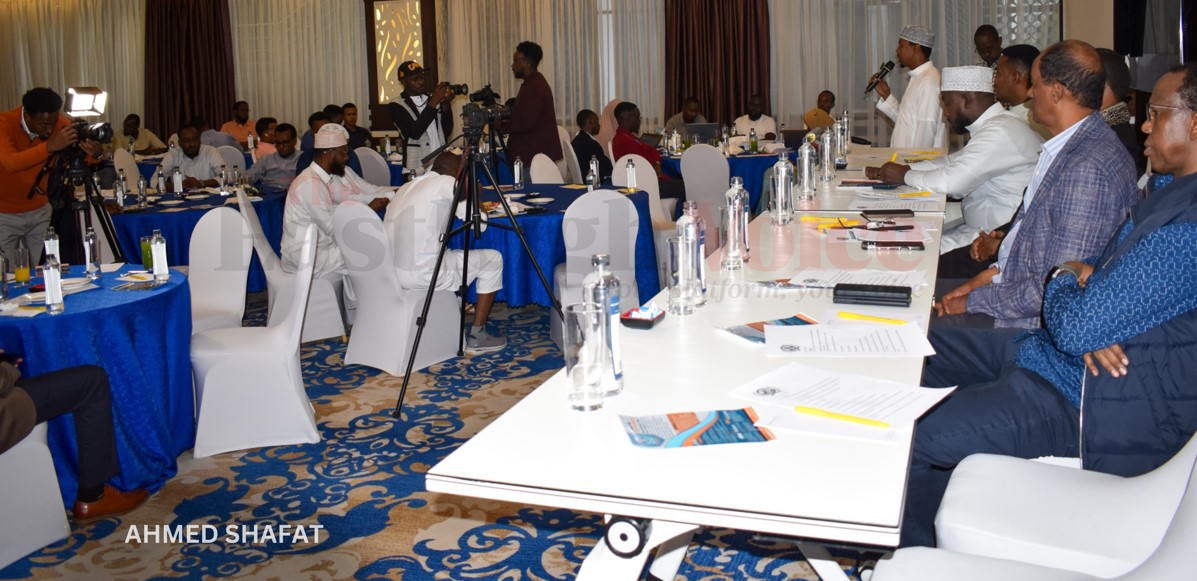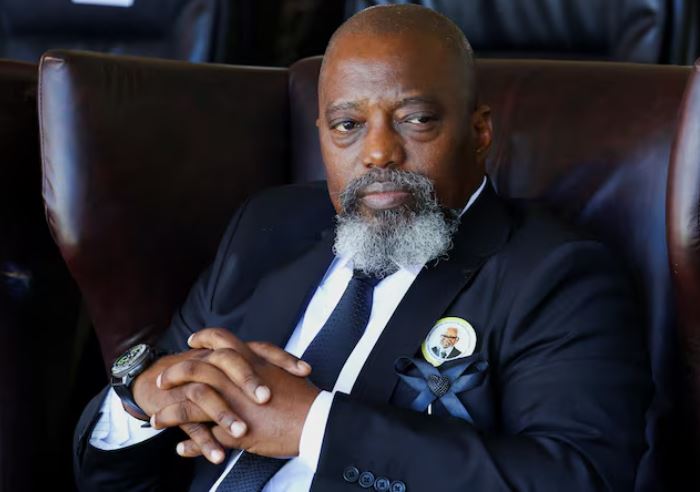34% of students forced to decline admission due to fees crisis, KMTC boss says
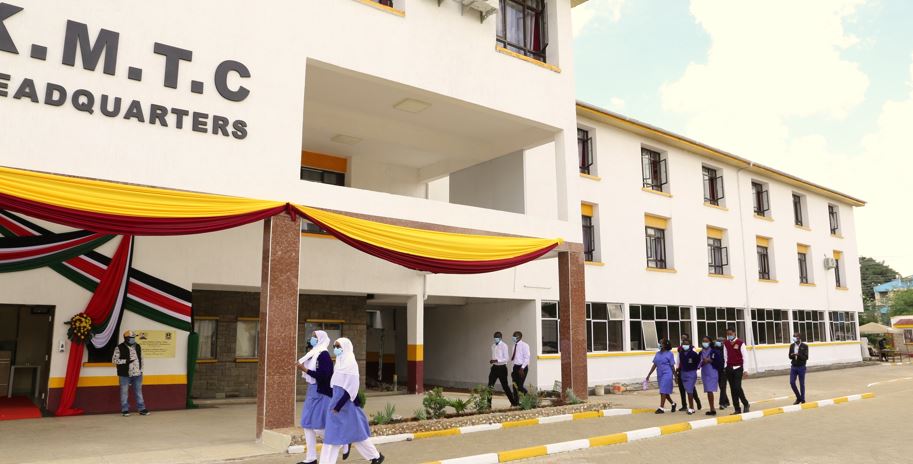
Appearing before a joint sitting of the Health and Education Committee on Thursday, Oluoch appealed for government support, saying the college is grappling with unpaid fees amounting to Sh1.54 billion.
At least 34 per cent of students admitted to the Kenya Medical Training College (KMTC) fail to report due to financial challenges, while 27 per cent of those who do enrol eventually discontinue their studies for the same reason, KMTC CEO Kelly Oluoch has revealed.
Appearing before a joint sitting of the Health and Education Committee on Thursday, Oluoch appealed for government support, disclosing that the college is grappling with unpaid fees totalling Sh1.54 billion.
More To Read
- Duale orders quarterly reports on maternal deaths to boost healthcare oversight
- Duale appoints 12-member task force to probe kidney transplant allegations at Mediheal Hospital
- Duale warns KMPDC against accrediting unqualified medical facilities
- Government forms rapid response team to tackle rising gambling addiction
He said that the high cost of medical training is locking out thousands of aspiring healthcare workers.
“Most of our learners are unable to join the college even after successfully securing admission. This only adds to the growing number of dropouts along the way,” Oluoch said.
He noted that while hospitals across the country face critical staff shortages, the situation could be alleviated by providing financial support to students pursuing medical training.
“We request funding for KMTC to ensure equity, equality, and non-discrimination, in line with Article 27 of the Constitution. The annual KMTC fee is Sh84,000—an amount many students simply cannot afford,” he said.
The CEO acknowledged that the Ministry of Health had disbursed Sh1.23 billion to assist students but stressed that the amount was insufficient to meet rising demand.
“We appreciate the support, which has benefited many students, but additional funding is needed. Allocations must also be timely to prevent disruptions in learning,” he added.
Health Committee Vice Chair Patrick Munene echoed these concerns, warning that without intervention, medical training will remain inaccessible to most young Kenyans.
“KMTC receives many applicants, but the institution effectively caters only to students from families that can afford the fees,” Munene said.
Education Cabinet Secretary Julius Ogamba admitted that the current funding model is inadequate, stating that a unified approach is required to support all tertiary students.
“The issue is not that the Higher Education Loans Board (HELB) has refused to fund KMTC—it’s that no resources have been allocated. We need alignment so that HELB can cater to all tertiary institutions,” Ogamba said.
He added that the government is merging all funding agencies to streamline access and ensure fairness.
“The policy is clear: all eligible learners should receive funding based on need. However, in the current financial year, we face a Sh45 billion shortfall,” he said.
Top Stories Today


